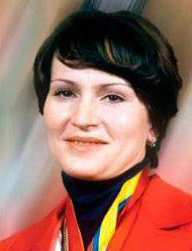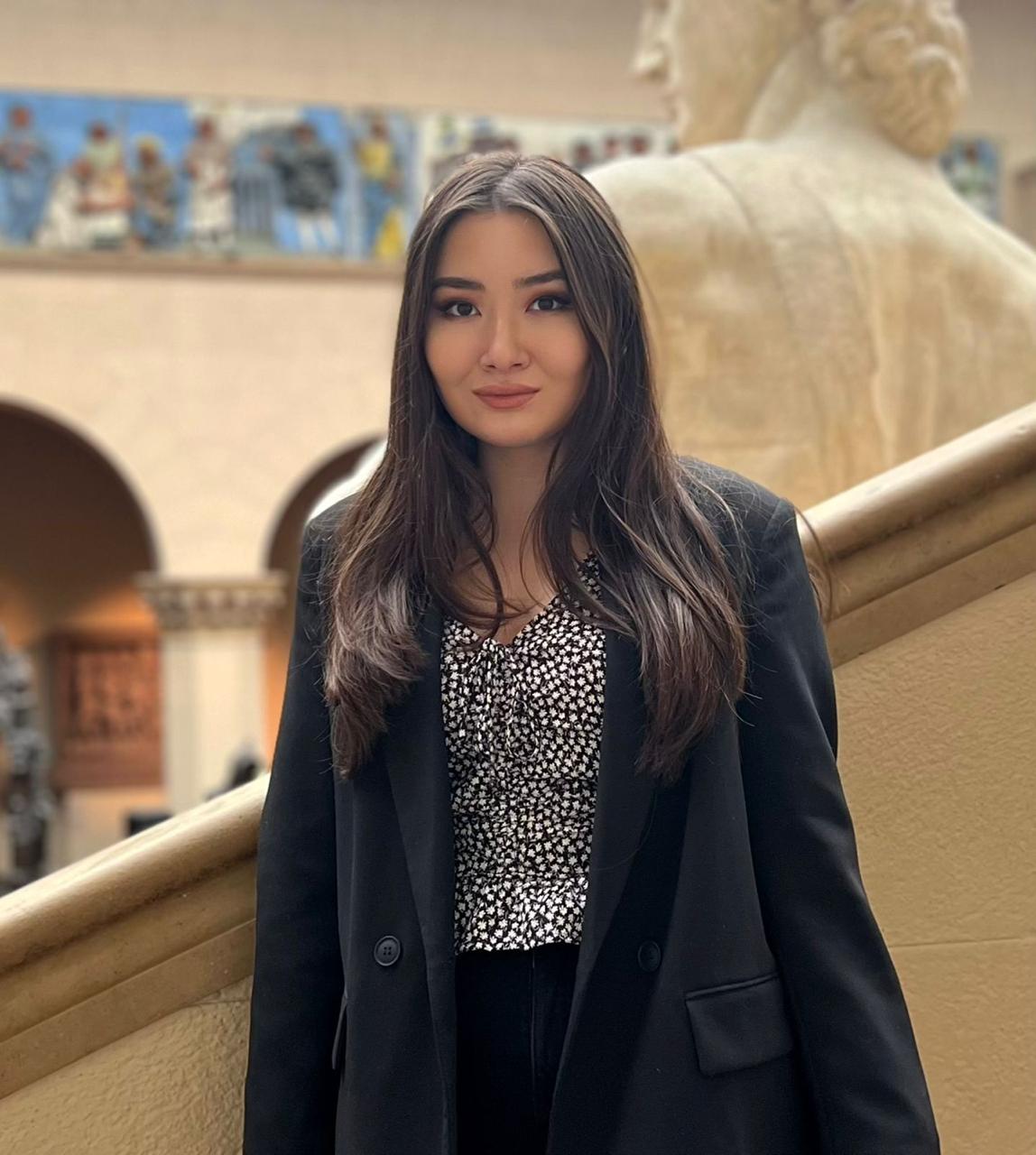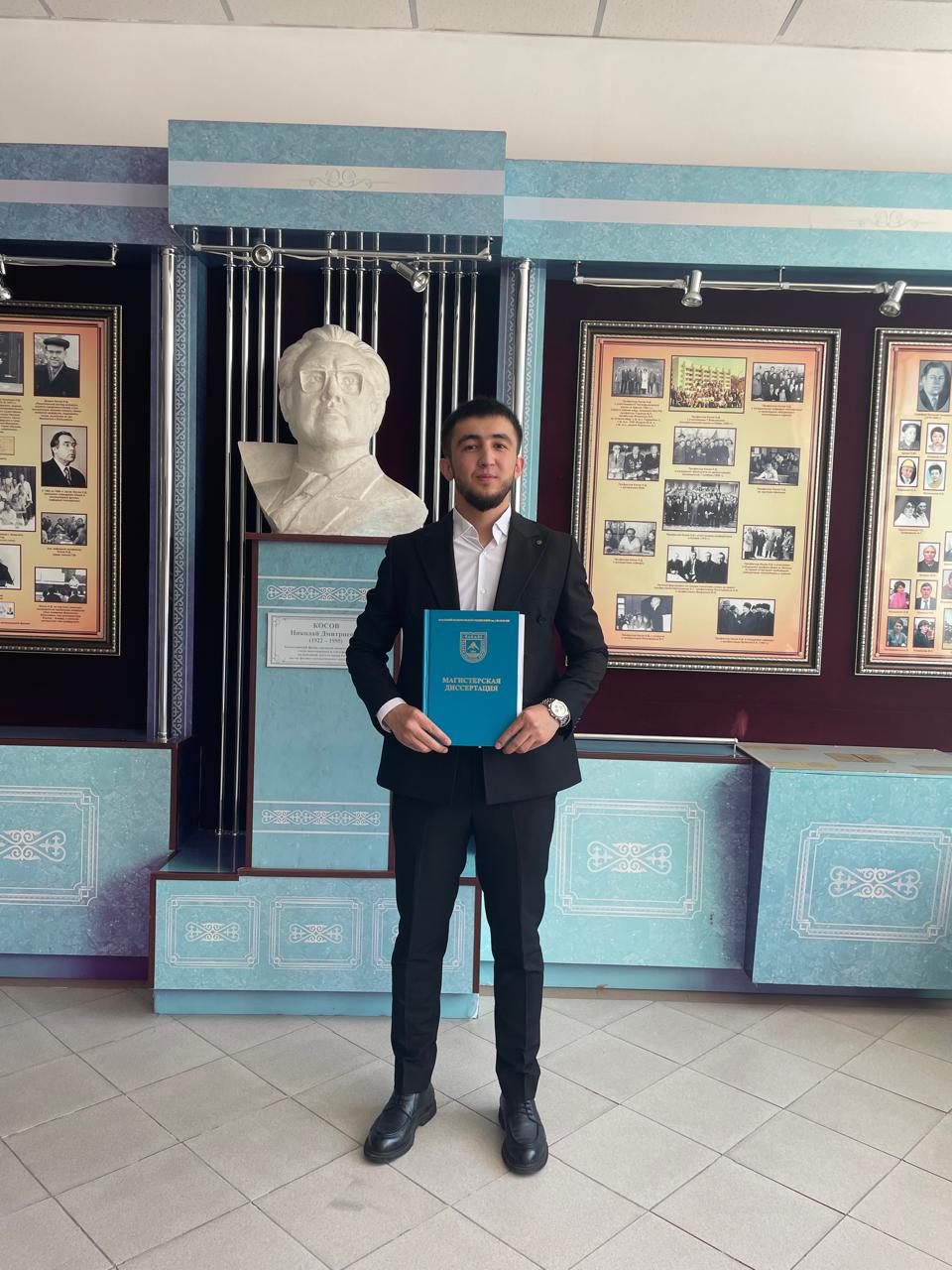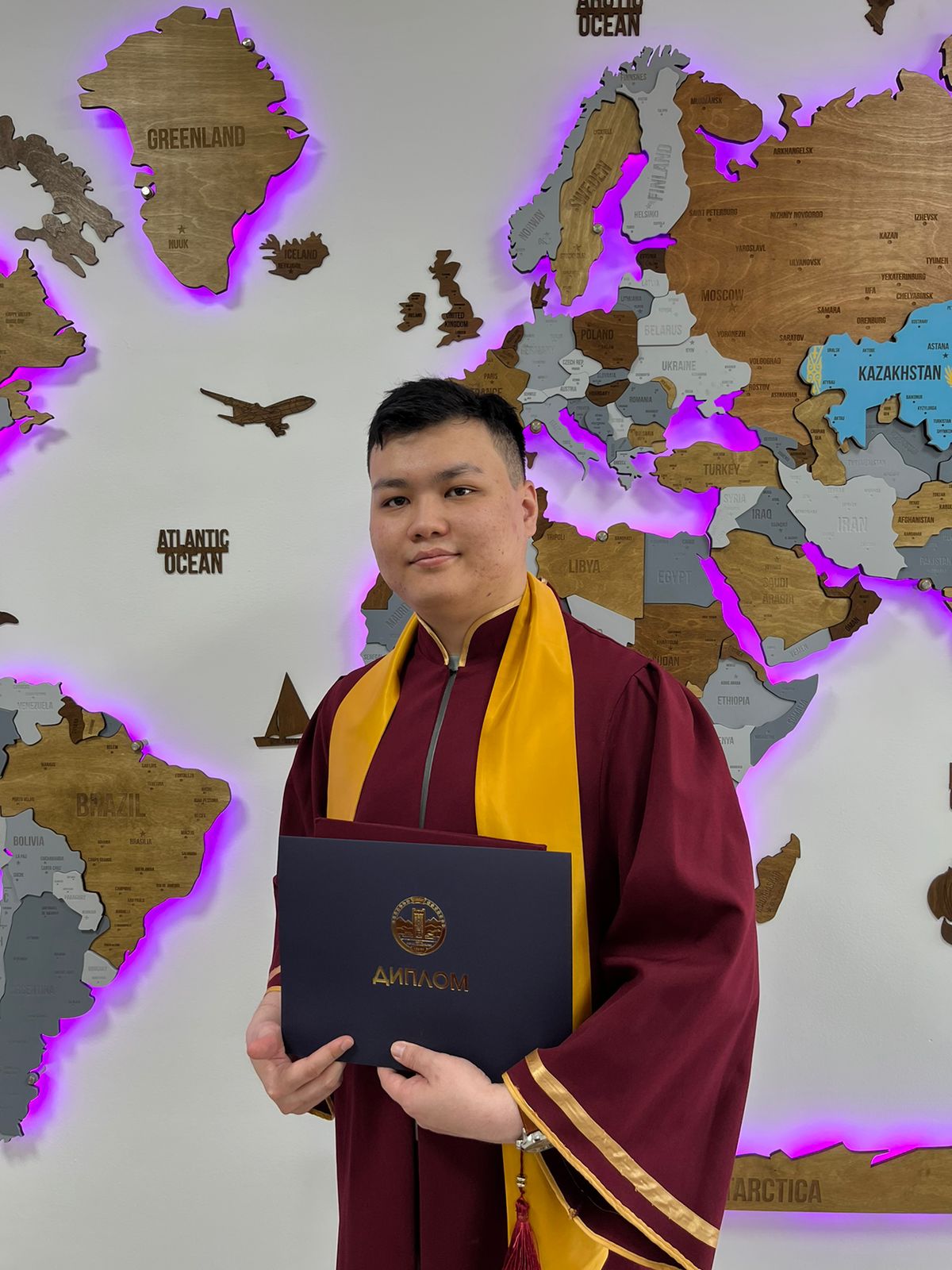
Honored Master of Sports of the USSR, two-time Olympic champion, two-time world champion, six-time European champion Nadezhda Olkhova wrote many bright pages in the annals of Soviet basketball - as one of the best attacking defenders in the history of Soviet women's basketball a.
Nadezhda Aleksandrovna Olkhova (nee Baranova) was born on September 9, 1952 in the Altai region, in Barnaul, studied at the Barnaul gymnasium No. 40. The school basketball team took second place to the Schoolchildren Spartakiad, coach Kyiv "Dynamo" and Almaty resident Vladilen Iosifovich Morshinin I liked the game of the 16-year-old ninth-grader, despite her short height of 174 cm. Previously, the Almaty team “Burevestnik” played modestly in the first league. The situation changed with the arrival of Morshinin in 1967 from Udmurtia. In 1972, Burevestnik became the student club “University” and entered the major league. The team's best achievements: 5th place in the USSR Championship (1986), 4th place at the VII Spartakiad of the Peoples of the USSR (1979). Several years of hard training, Nadezhda, in the role of an attacking defender, acquired a good long-range throw, high starting speed, agility and mobility. She firmly established herself in the team, then was invited by coach Lidia Vladimirovna Alekseeva to the national team, which immediately became the champion of the VII Summer Universiade (1973). Together with the national team in 1974 in Italy - in Sassari, Nuoro, Cagliari - she became the European champion for the first time. The maximum number of points is 17, Nadezhda led the team in the game with Germany (106:47), 8 in the final game with Italy (81:32). The 1975 World Cup was held in the Colombian cities of Bogota, Cali and Bucaramanga. The USSR became the champion, Japan took second place, Czechoslovakia took third. The most productive for Nadezhda was the final with Italy (85:49) - as much as 20 points. There she was recognized as the best defender of the championship, included in the symbolic team of the world, and received the title “Miss World Championship”. Then, along with medals, she will often bring special prizes and titles like “Miss Basketball”: “I saw, felt, knew that there were cute girls on the benches and in other teams. Real beauties. But they called me “Miss Basketball”. This means I was worth something in basketball. It was there, in the game, that I was noticed.” The next year brought Nadezhda several joyful events. She became an Honored Master of Sports of the USSR, graduated from the Faculty of Philosophy and Economics of Kazakh State University named after CM. Kirov became the European champion for the second time and the Olympic champion for the first time. The European Championships took place in the French cities of Moulins, Vichy, Mont-Dore, and Clermont-Ferrand. The top three winners were the USSR, Czechoslovakia, and Bulgaria. In the game with Romania (127:60), Nadezhda earned 14 points, in the final with Poland (95:46) - 15. In 1976 in Montreal, women's basketball made its Olympic debut; The USSR, USA, Bulgaria, Czechoslovakia, Japan and Canada took part. The Soviet team won five matches in which Nadezhda was incredibly effective: she worked on the defensive, held back the onslaught, led the team, dribbled past her opponents, made jewelry passes, and from afar - as she had learned since childhood - threw around the ring; and brought 56 points to the team’s treasury. In the match with the Americans, the Olympic champion was determined ahead of schedule - the Soviet athletes won (112:77), and Nadezhda scored 16 points. But she was critical of herself: “I haven’t seen athletes who would come to the national team and immediately play in it. I also didn’t start playing right away, only at the 1976 Olympics did I feel like a full-fledged player in the starting five.” At the 1977 Universiade, the USSR team won again. The European Championship in 1978 in the Polish cities of Konin, Torun, Zielona Gora, and Poznan also brought gold. Nadezhda earned the most points in the match with Germany (120:57) - as many as 24, and in the final - with Hungary (119:72) - 6. 1980 brought two outstanding victories: at the Olympics and the European Championship. Coaches Lidiya Alekseeva and Vladimir Zheldin called the strongest athletes to the XXII Summer Olympic Games in 1980 in Moscow. At the group stage, Soviet athletes defeated all their rivals with a huge margin in each meeting, and in the final they easily defeated the Bulgarian team. Nadezhda, who had already become Olkhova, was not very successful at the Olympics, but she played well in the team and supported many successful shots. EURO 1980 took place in September in the Yugoslav cities of Maglaj, Bosanski Brod, Prijedor and Banja Luka. Nadezhda, playing with Czechoslovakia (94:62), earned 20 points, and in the victorious final with Poland (95:49) - 17. At the 1981 European Championship in the Italian cities of Ancona and Senigallia, the top three were made up of the USSR, Poland, and Czechoslovakia. Most of all, Nadezhda earned 22 points in the game with Bulgaria (111:78). The 1983 World Cup in Brazil took place in Sao Paulo, Rio de Janeiro and Porto Alegre. The top three winners looked like this: the USSR, the USA, and China broke into third place. The maximum number of points is 22, Nadezhda earned in the game with Congo (117:40). The 1983 European Championship took place just a month later in Hungary: Miskolc, Zalaegerszeg, Budapest. Nadezhda, recorded in the FIBA report by Shuvaeva, showed herself most clearly in the game with Italy (83:53) - 19 points. She always played for the team of Kazakh State Universitynamed after S.M. Kirov "University", Alma-Ata. Having finished playing, Nadezhda Olkhova became a state coach at the State Sports Committee of the Kazakh SSR, overseeing all basketball in the republic.
Nadezhda Aleksandrovna Olkhova - Olympic Games champion (1976, 1980), world champion (1975, 1983), European champion (1974, 1976, 1978, 1980, 1981, 1983), Universiade champion (1973, 1977). She was awarded the Order of Friendship of Peoples and the Badge of Honor, and the medal “For Labor Valor” (1985).
Other news


